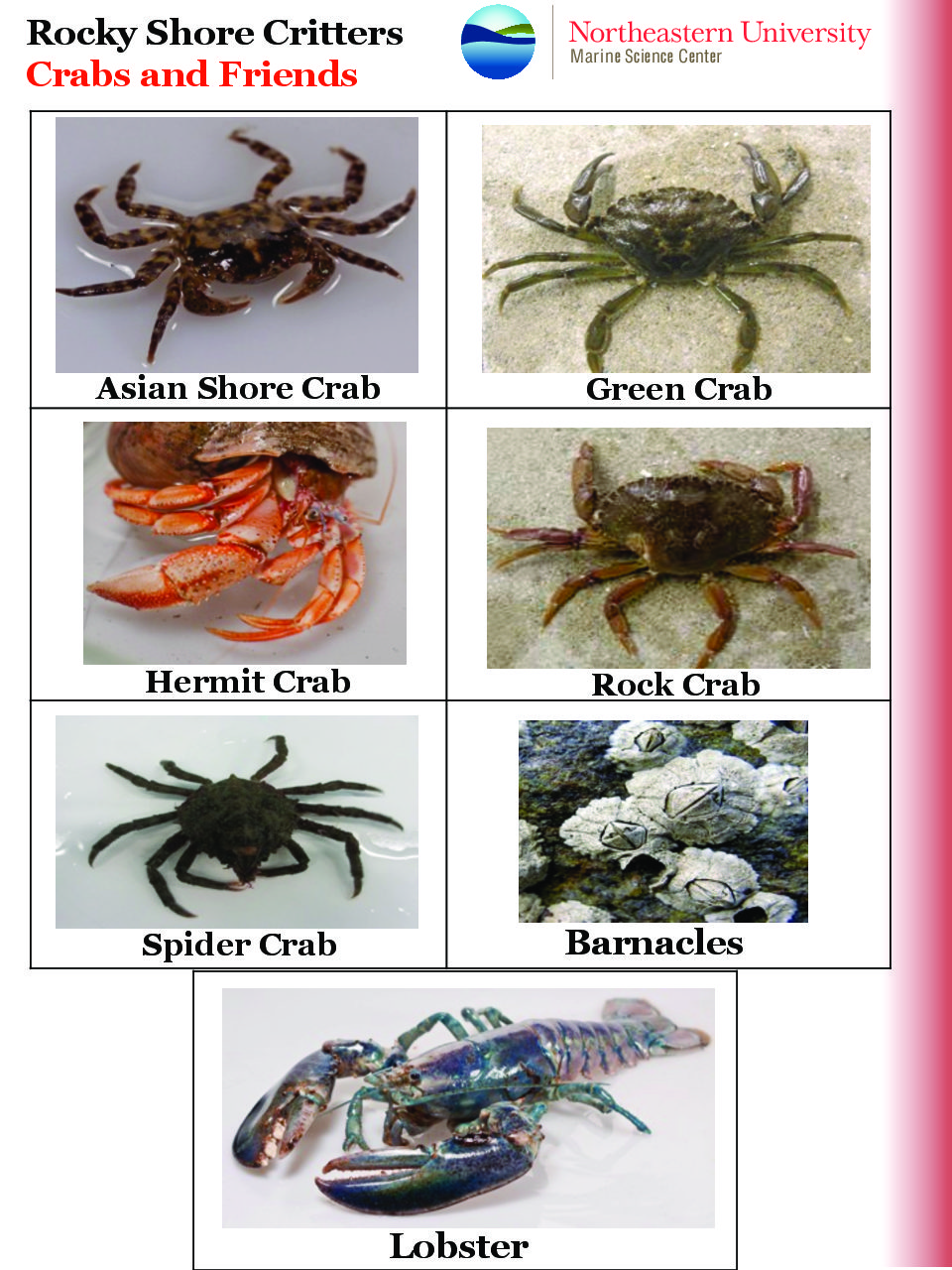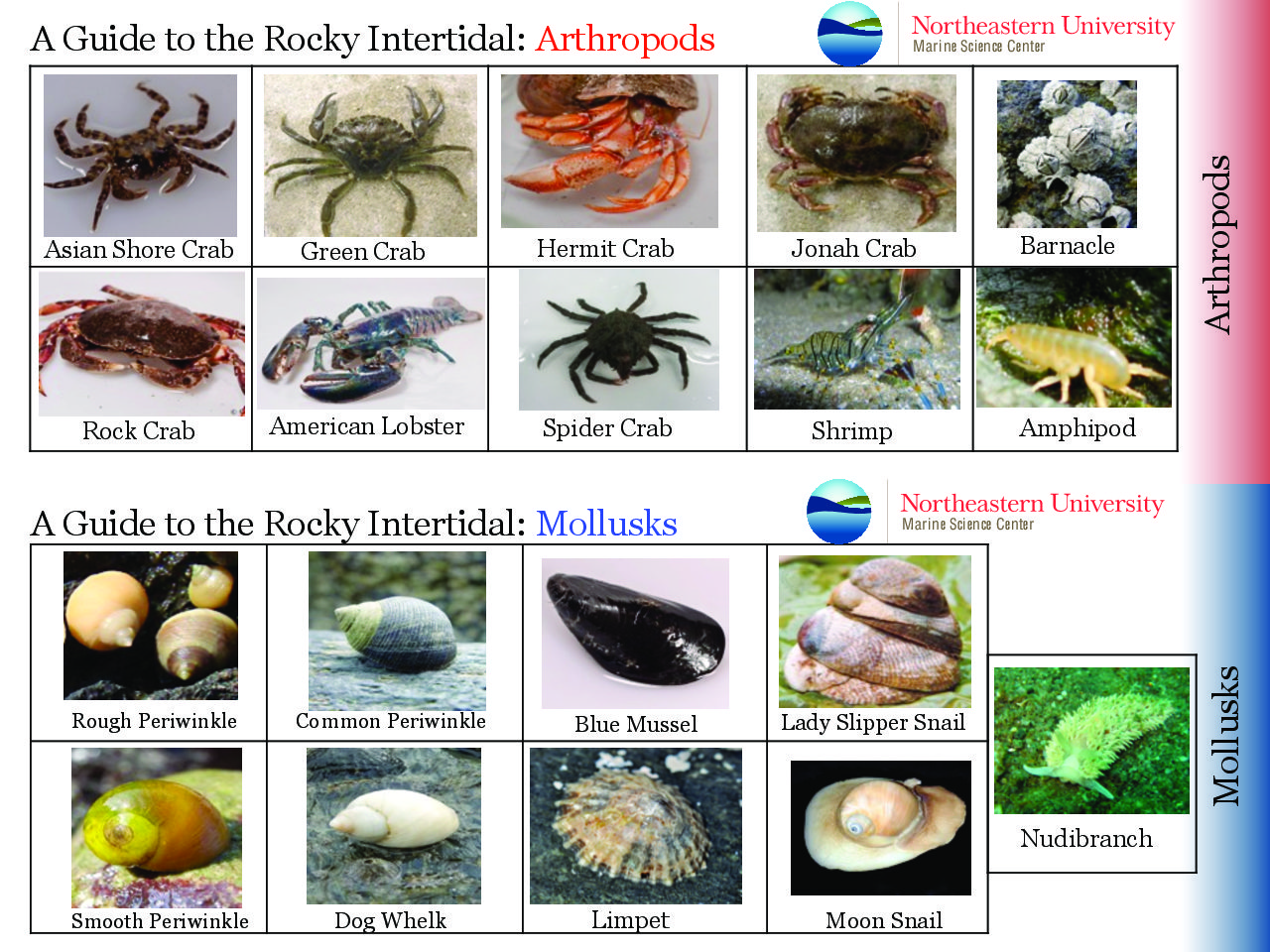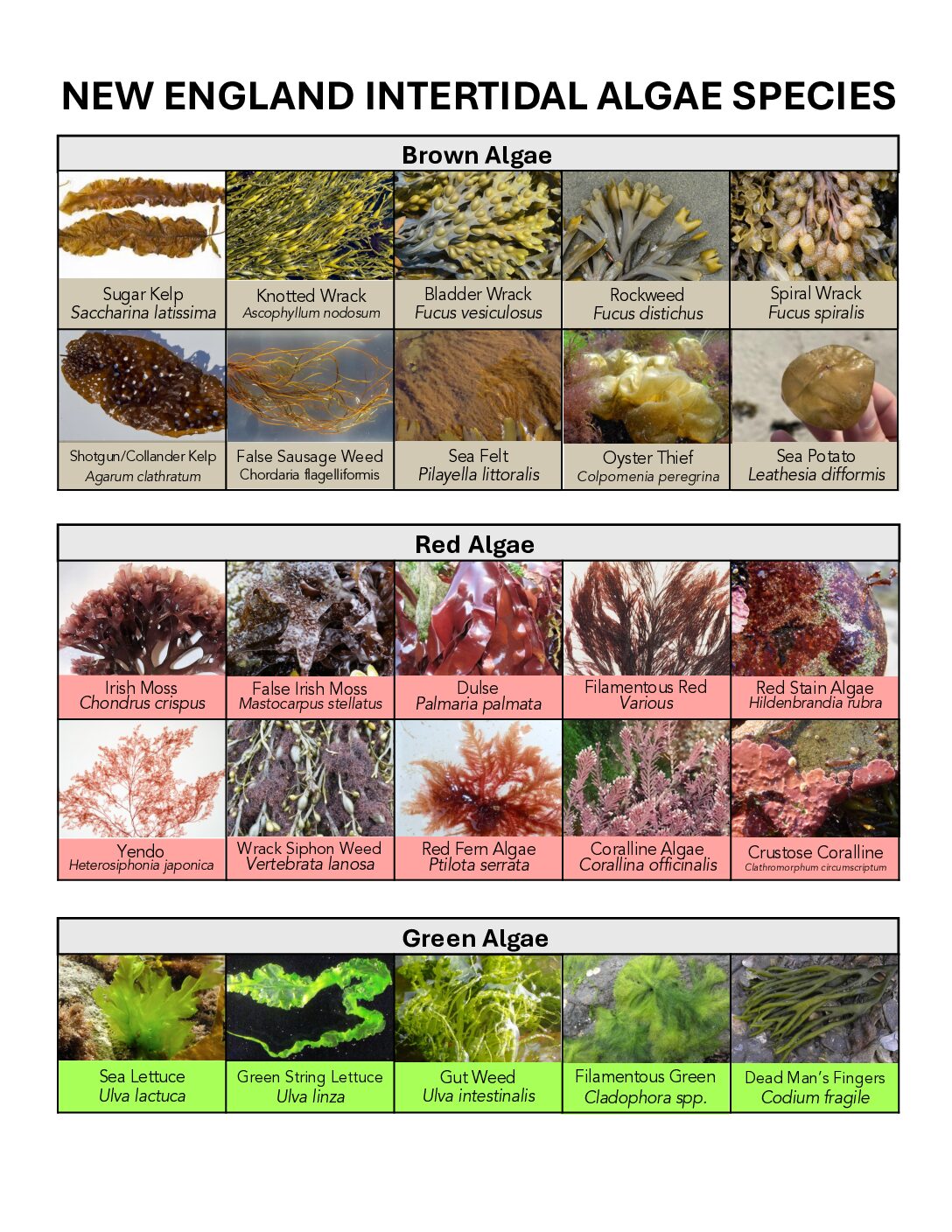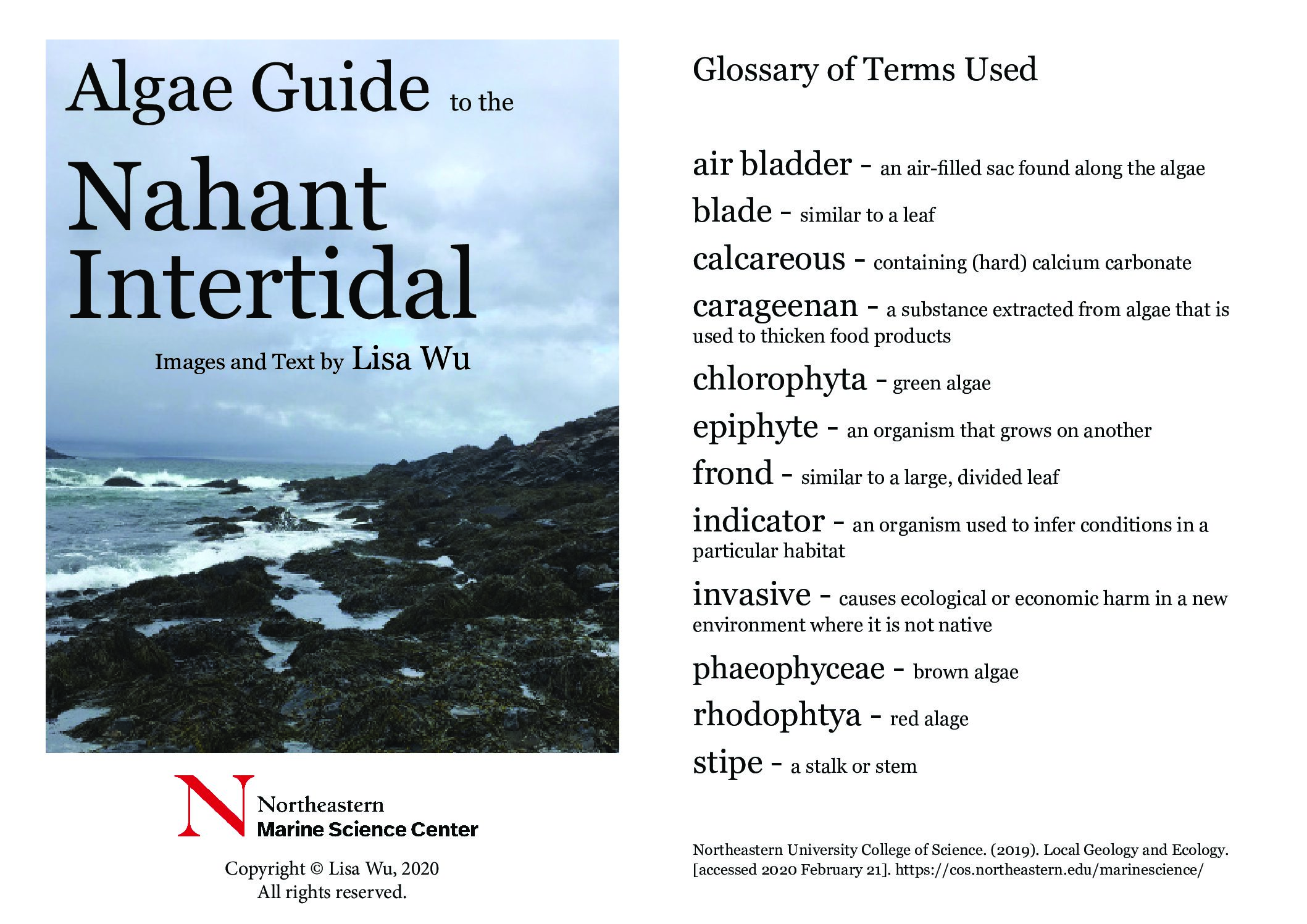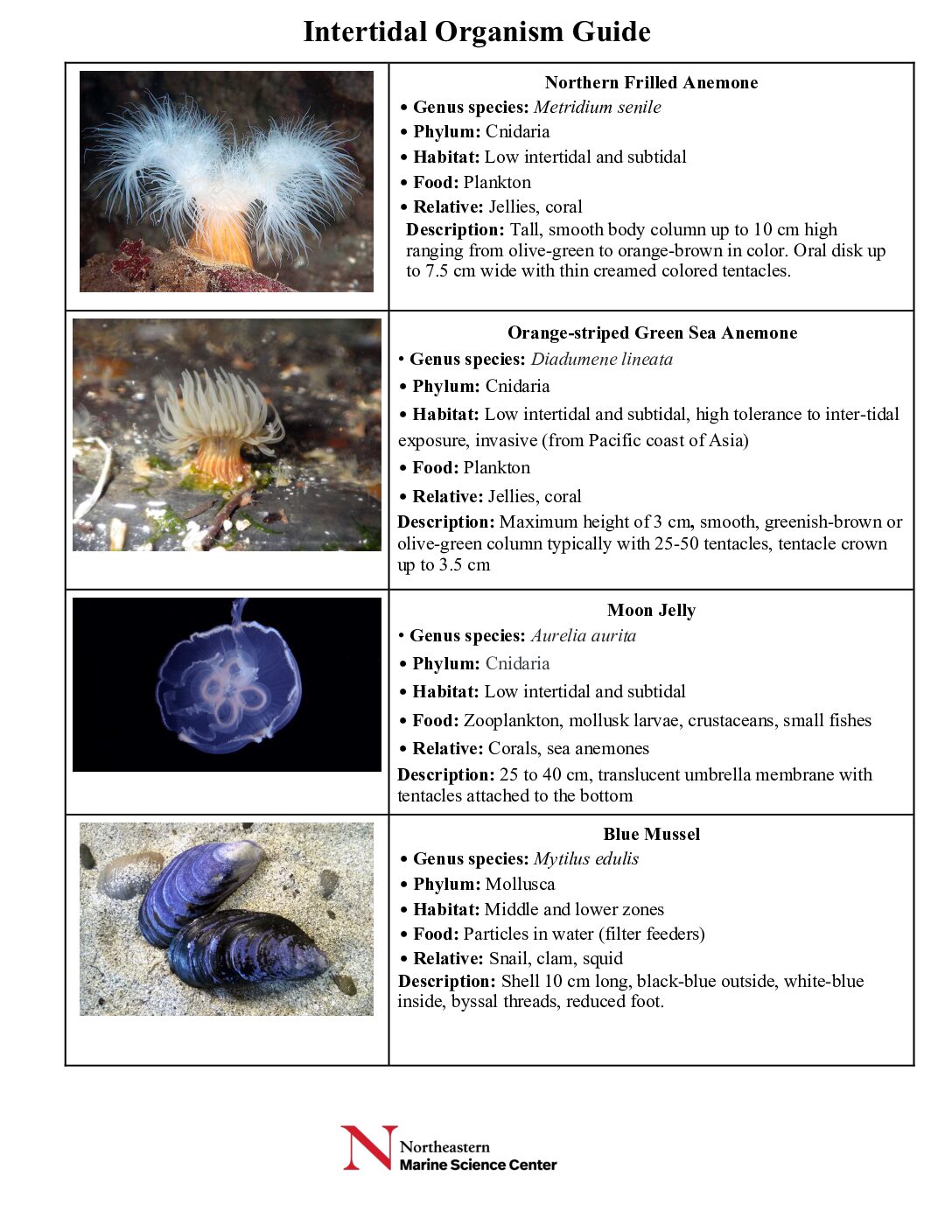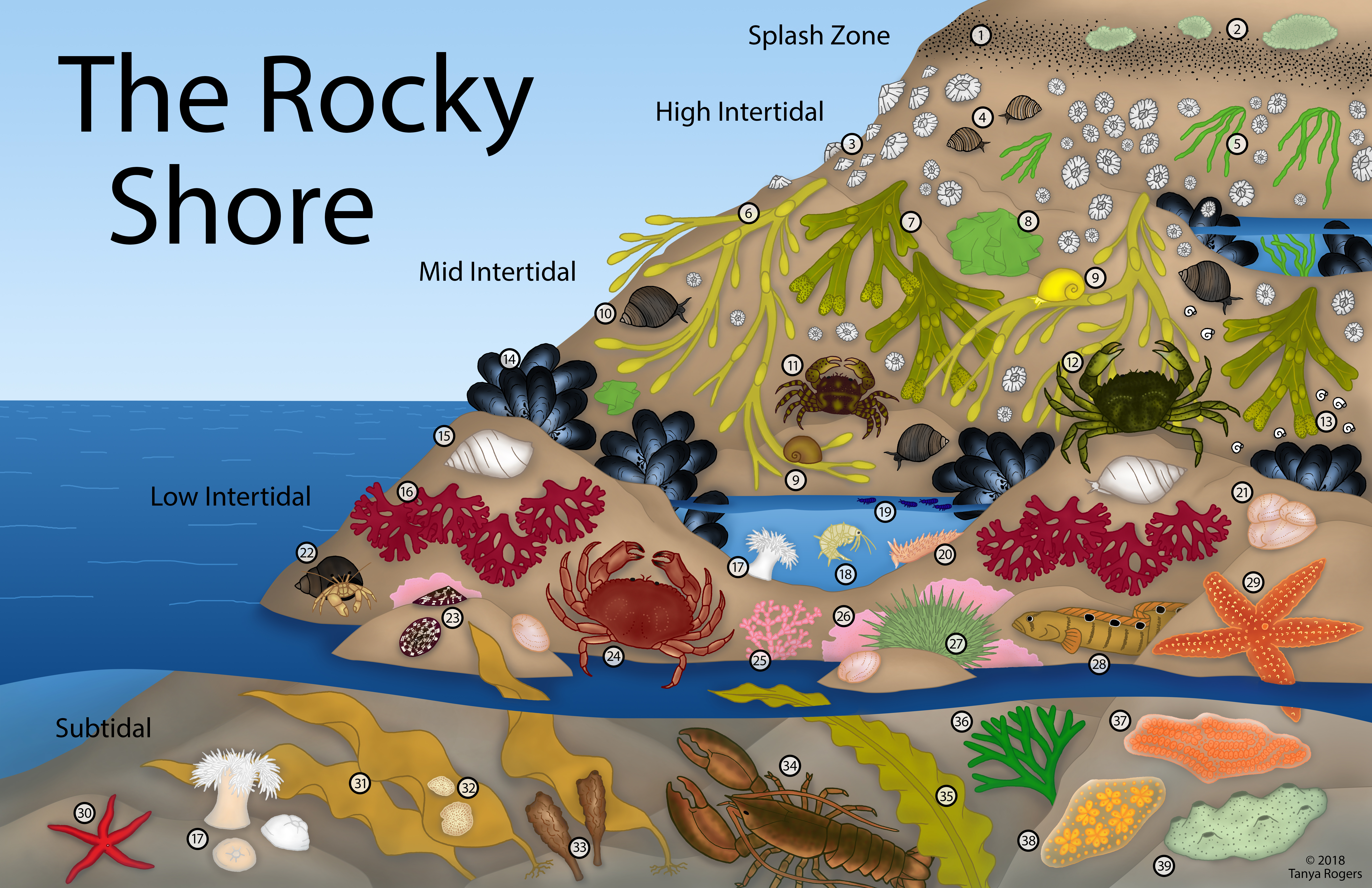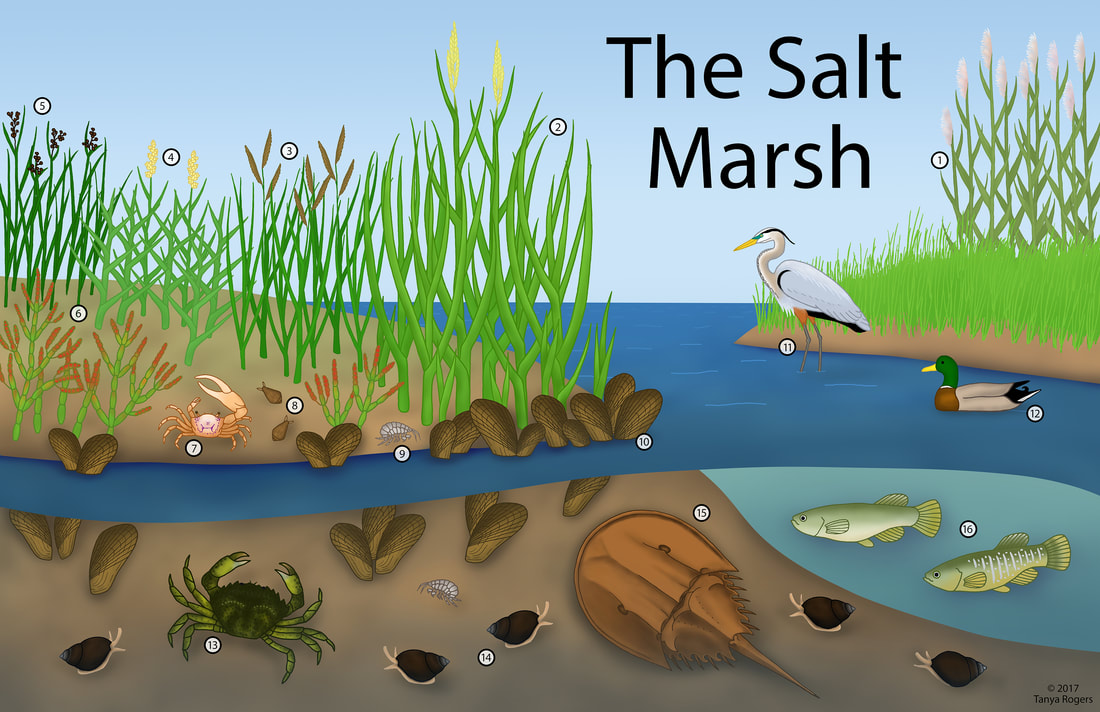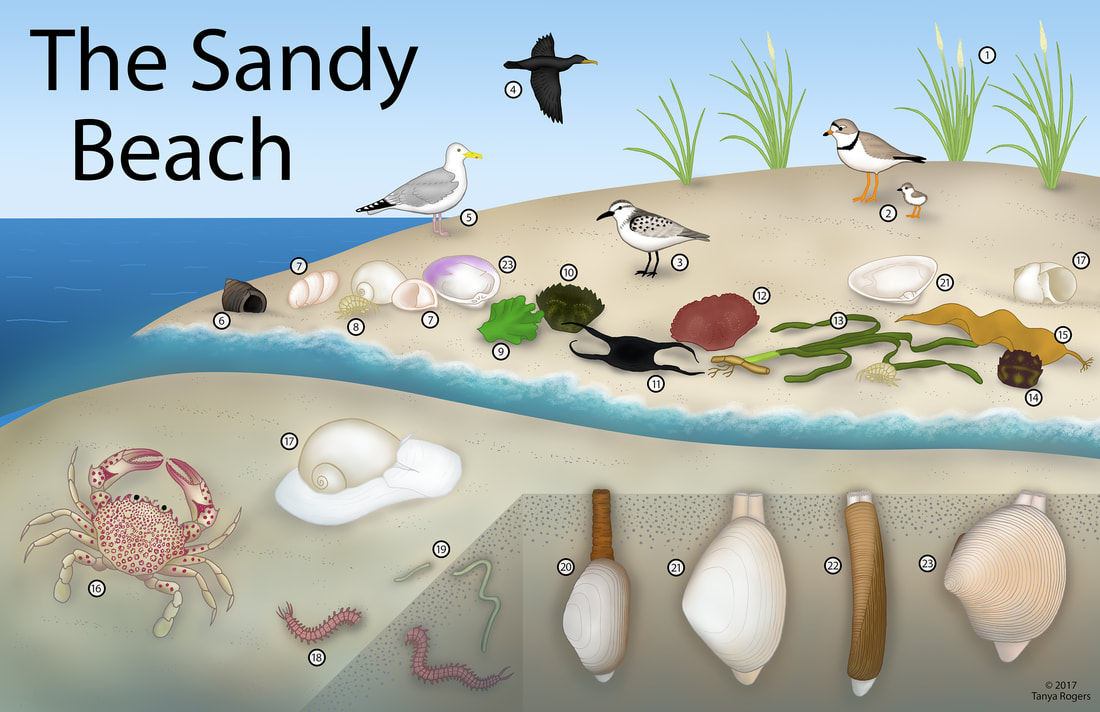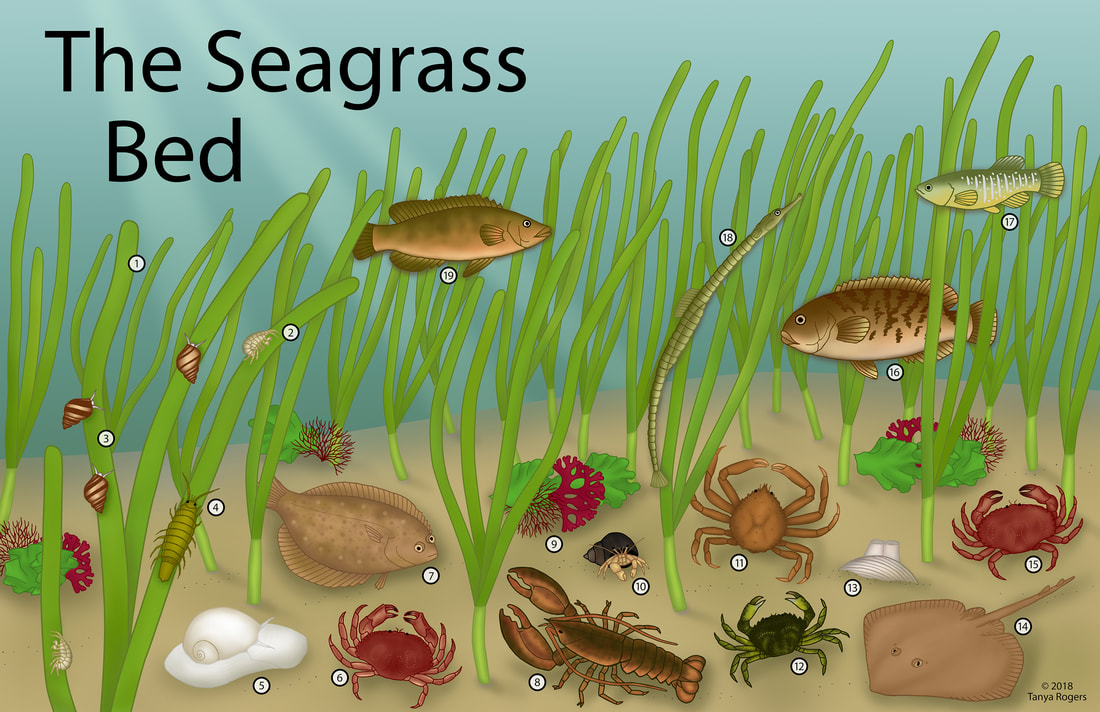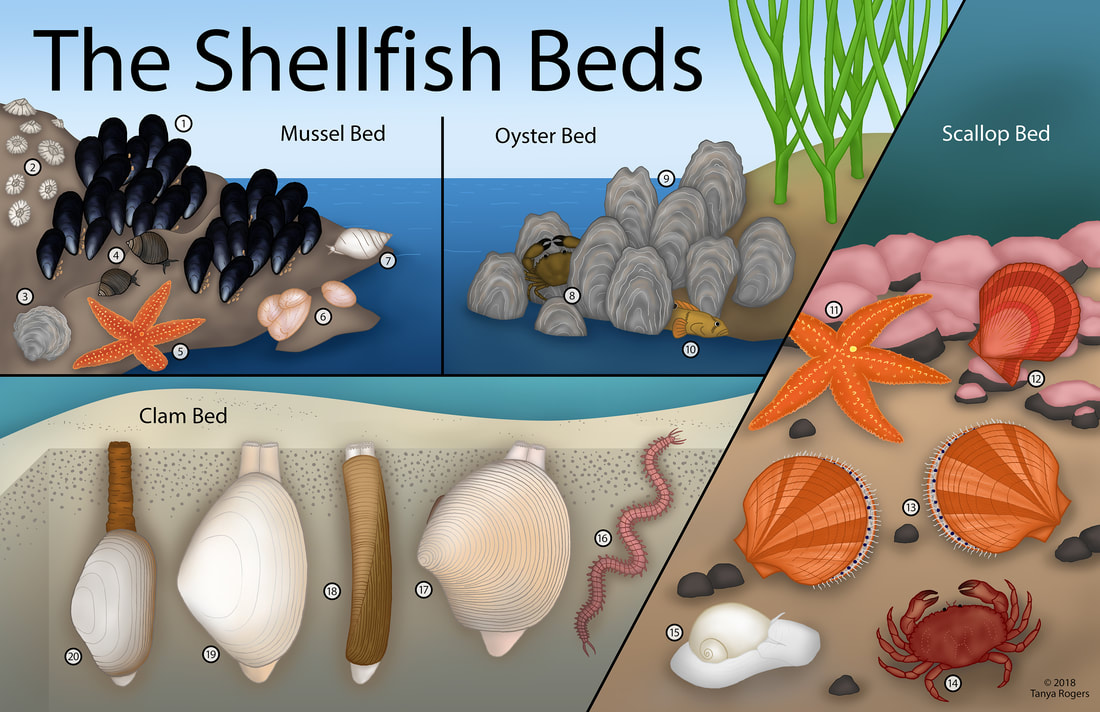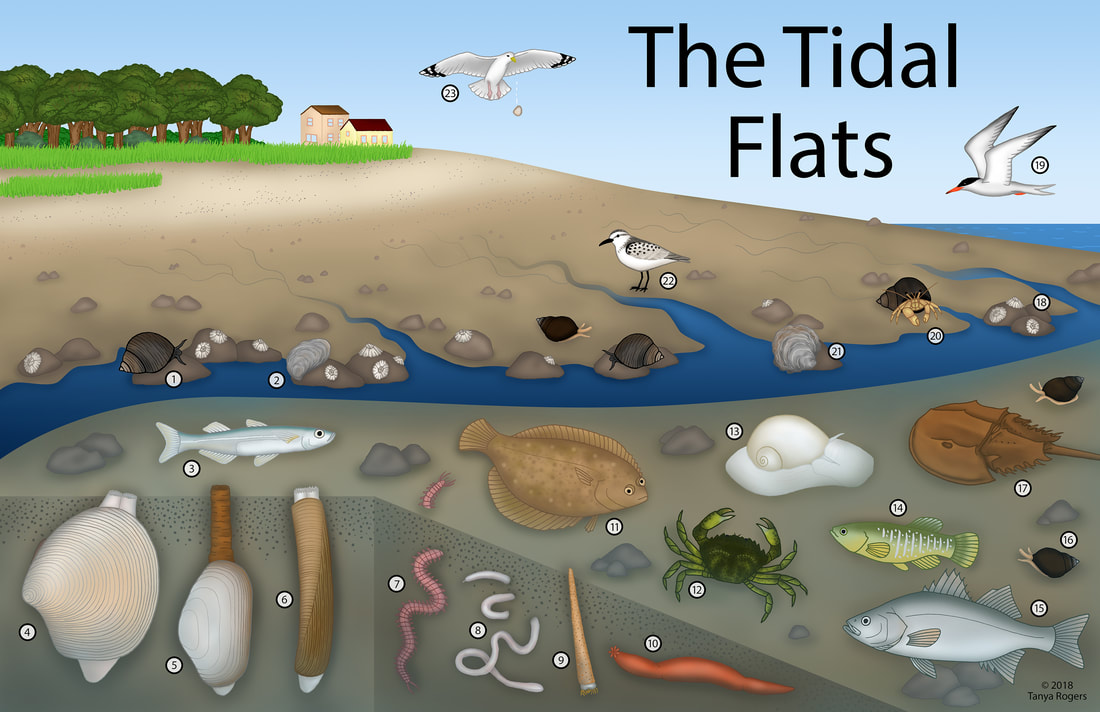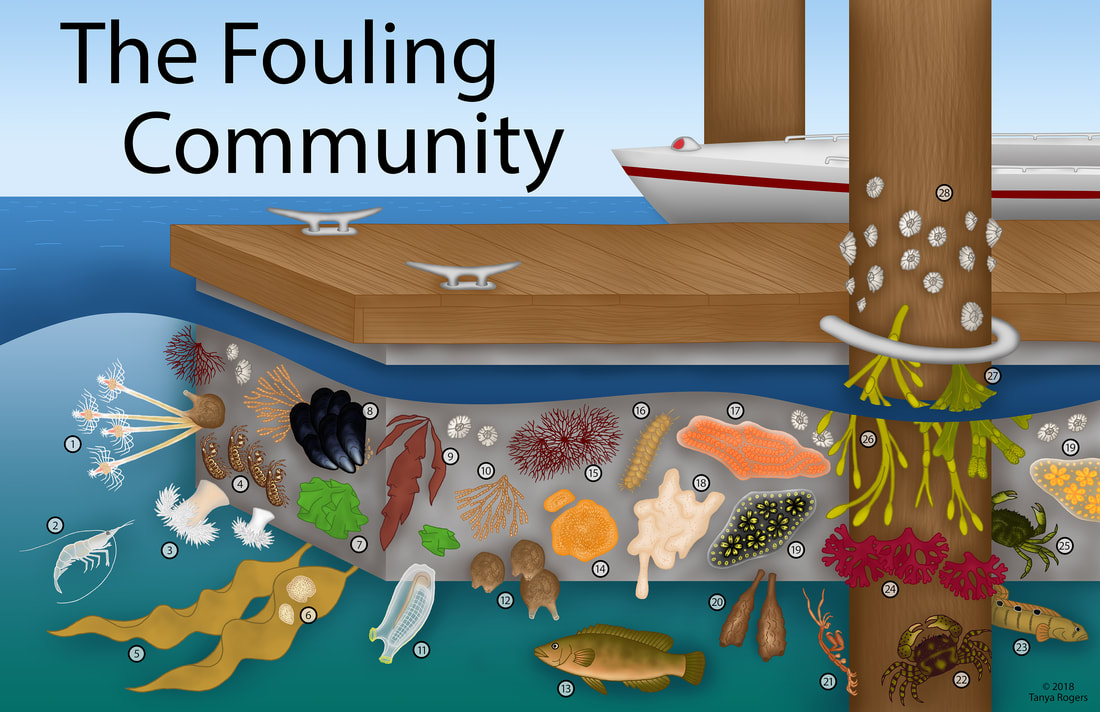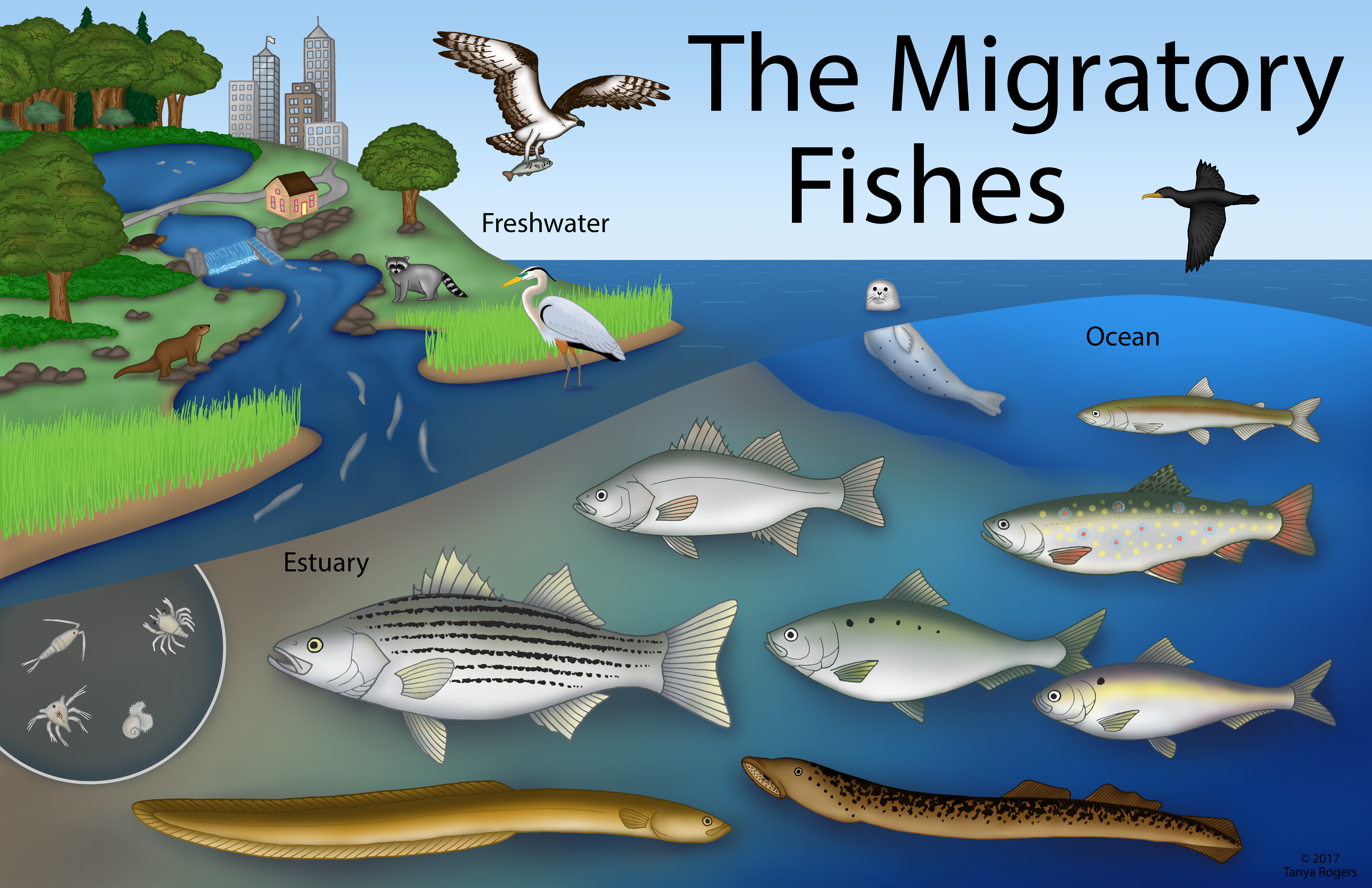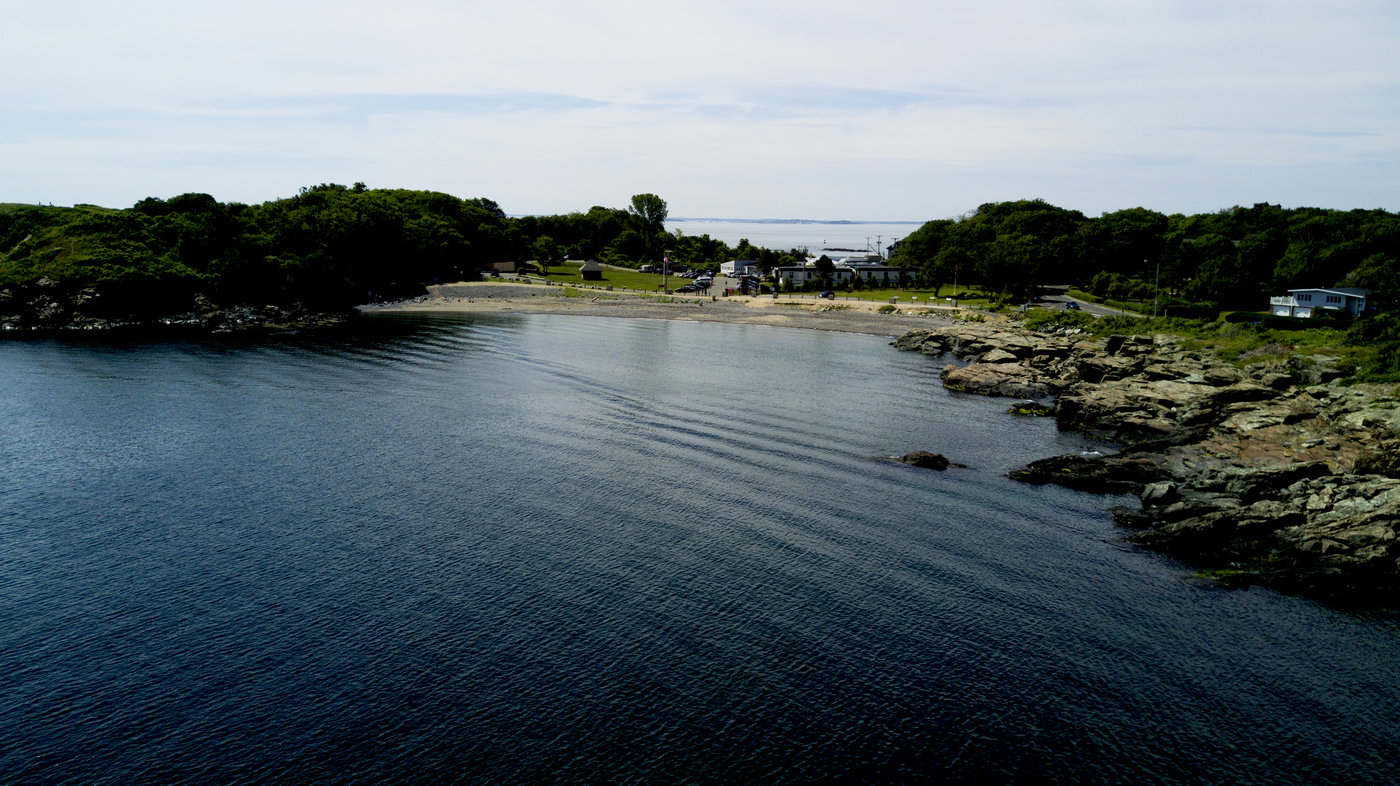
Educator Resource Portal
Our mission is to bring the Marine Science Center directly to you and your students— from the unique beauty of the rocky shore ecosystems at the MSC’s Nahant Campus, to the innovative research in our faculty’s labs.
The Rocky Intertidal: ID Guides & Species Spotlights
Educators can use these resources to prepare/debrief for a trip to the Marine Science Center or another coastal location, or simply to complement in-class curricula and explorations of the rocky shore intertidal habitat. Please review and download the Rocky Intertidal resources below.
Coastal Habitats: Posters & Coloring Pages
These educational posters of local habitats have been developed by the Outreach Program via a partnership with artist Tanya L. Rogers, and The MassBays National Estuary Program as part of the Boston Harbor Habitat Atlas Project. Each poster package includes color posters with and without keys, as well as a coloring sheet version.
Coastal Ecology Resources: Grades K-5
-

Animal Activity Sheets
Coloring sheets, word searches, and facts about some common marine animals in New England waters.
-
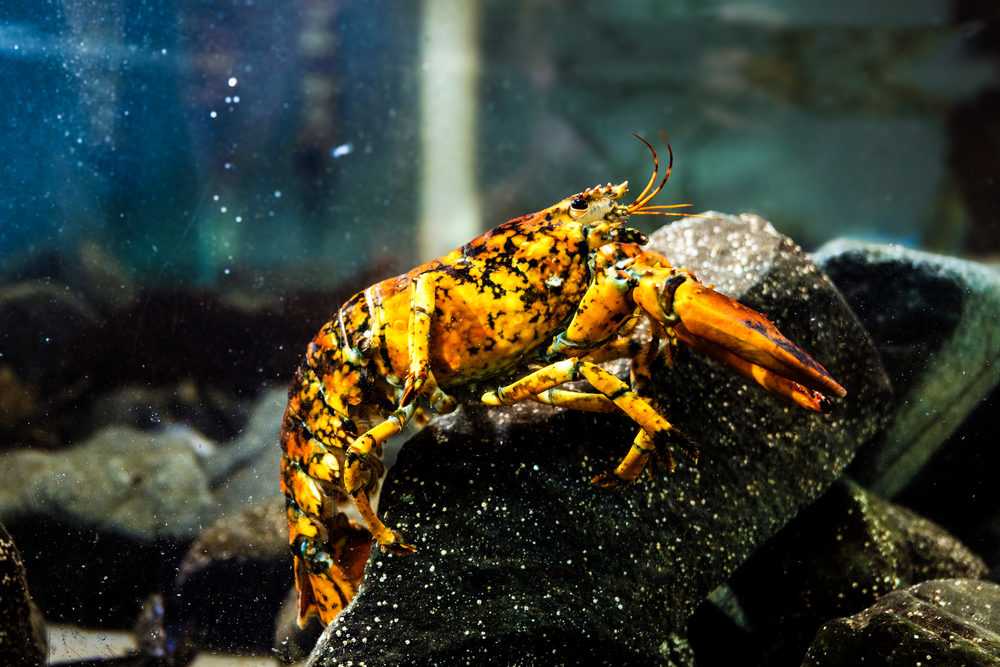
Species Spotlights
Learn more about marine animals who live at or near the Marine Science Center!
-

Make your own Tidepool
Print and color the illustrations in this guide, or draw your own, and then use the information here to help you determine where in the tidepool your critters could live.
-

Scavenger Hunt
Take this one-page rocky shore & beach scavenger hunt with you to the shore and circle or color in the biofacts you find!
-

Rocky Shore Food Web
What do the animals in the tidepool eat? Build a food web and explore the interactions between predators and prey.
-
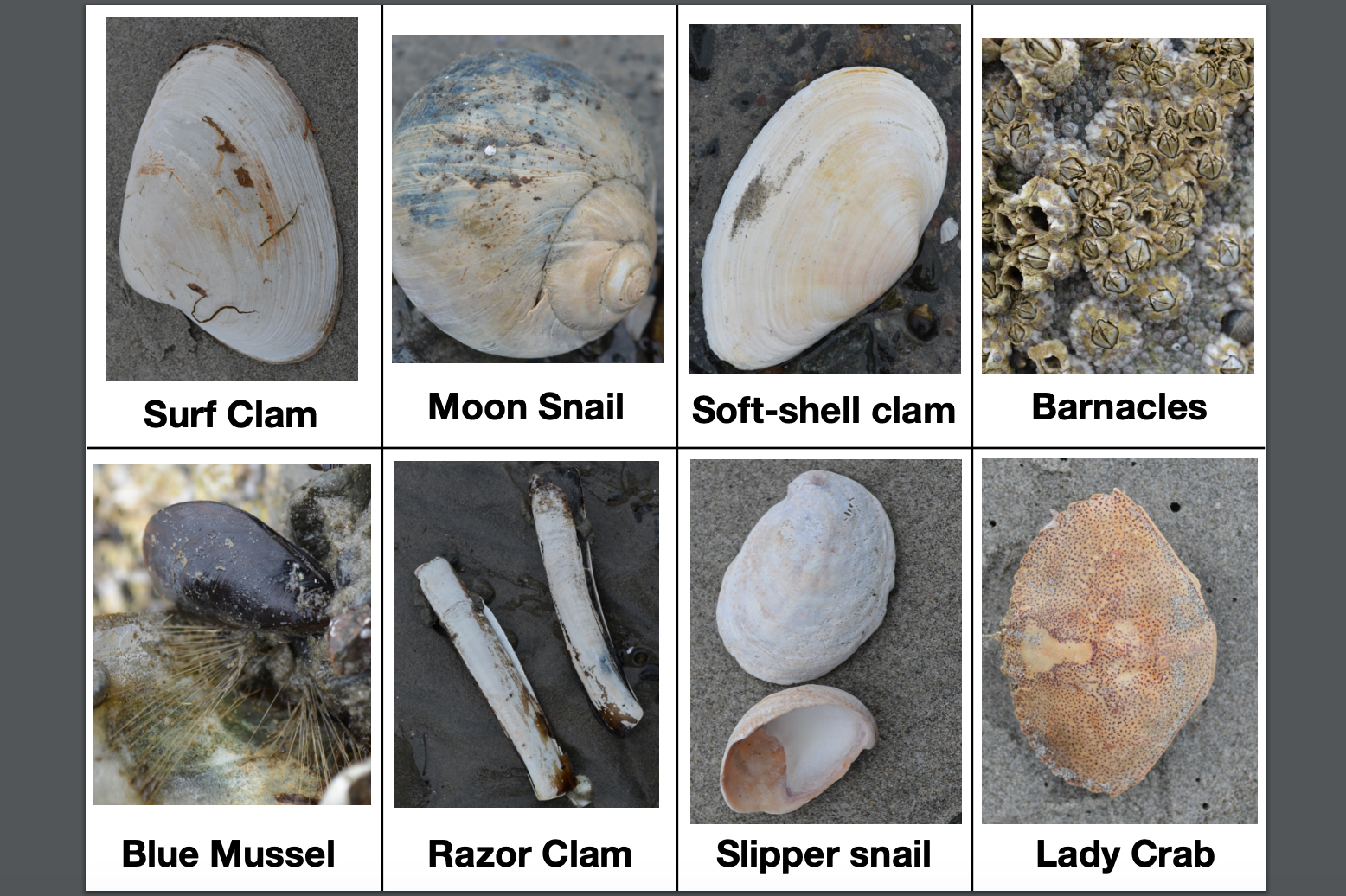
Shell Matching Game
Explore the shells on New England’s beaches with the shell matching game created by MSC’s Lotterhos Lab based on shells found around Nahant beaches.
-
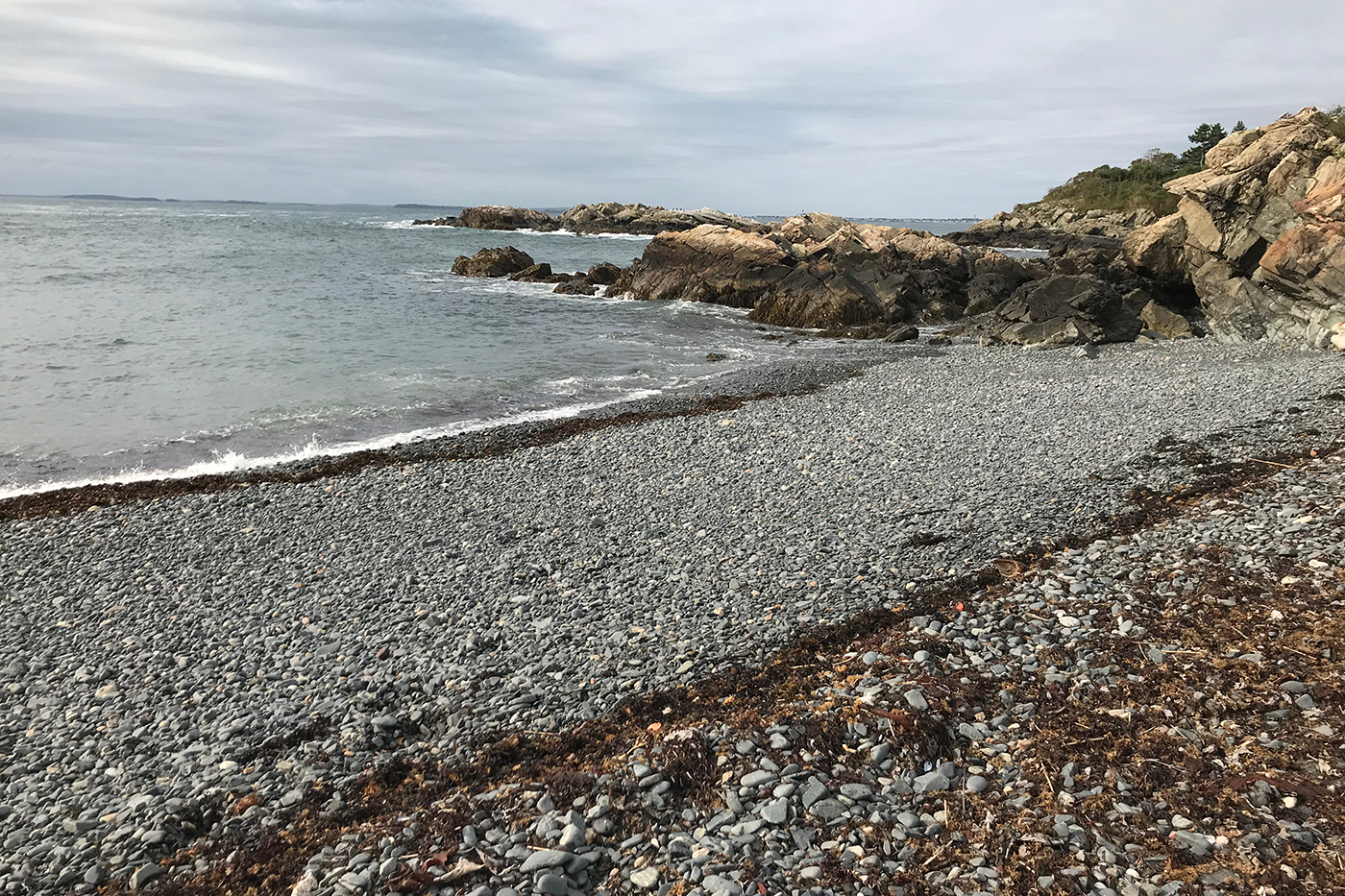
Graph the Changing Beach
Students will practice graphing skills to discover how the beach changes between seasons. Activity geared for upper elementary level.
-
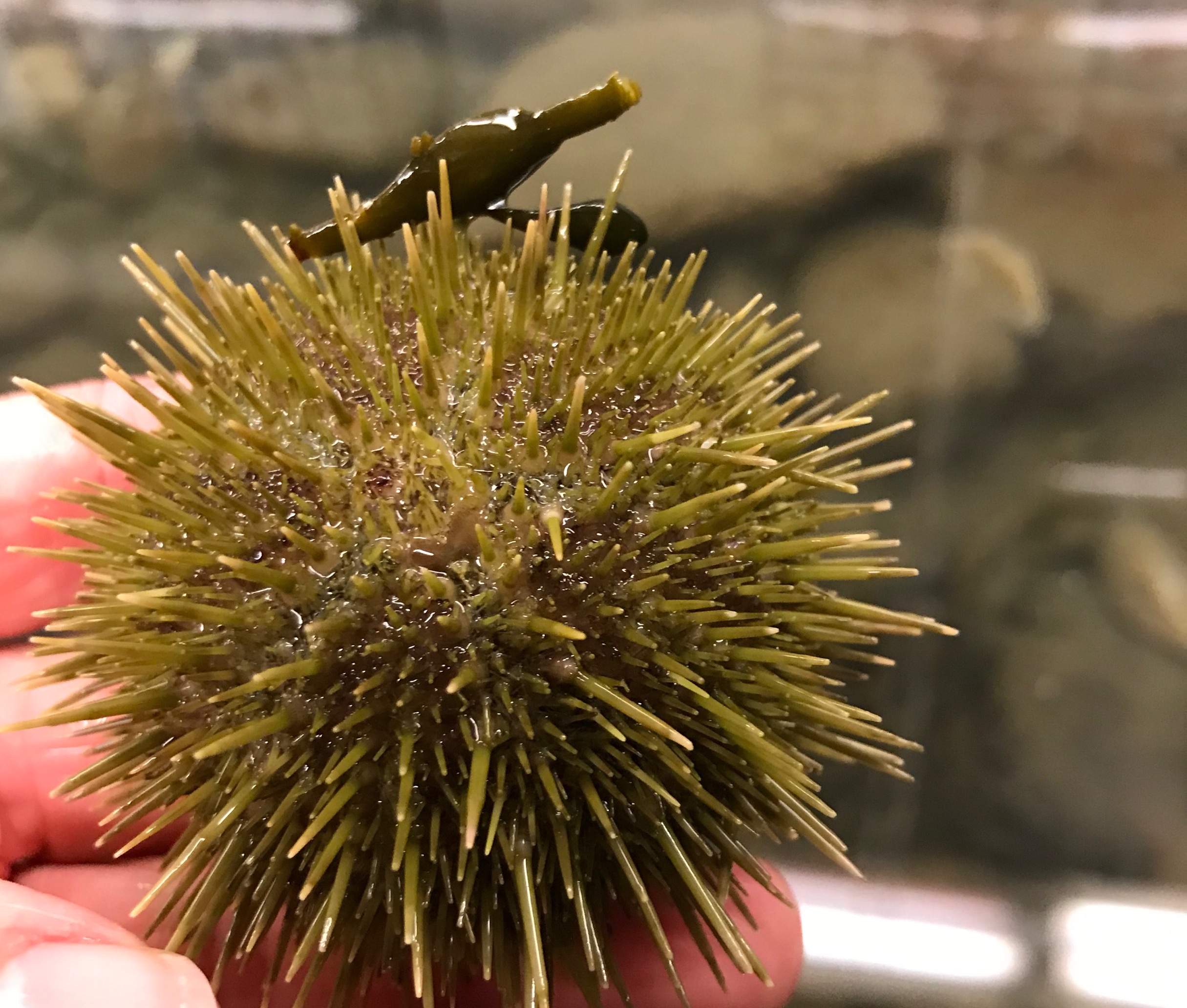
Exploring Echinomorphs
For upper elementary or middle school students; cut out and transform a simple sea star template into other sea animals, showing how members of the phylum Echinodermata are morphologically related, then learn about one of our research scientists who works with these animals!
Coastal Ecology Resources: Grades 6-12
Educators and students can explore Marine Science Center research through case studies and activities developed using real scientific data and principles. These resources can be used to complement independent classroom lessons (see MA State and NGSS standards listed) and/or field trips to the MSC. Teacher keys are available – email to request.
-

Case Study: Coral Bleaching
How can zooplankton help coral reefs recover from bleaching?
-

Case Study: Ecology of Fear
What is the impact on fear and the predator-prey relationship on food chains in an ecosystem?
-

Case Study: Ocean Acidification
What is the impact of climate change and ocean acidification on marine species?
-
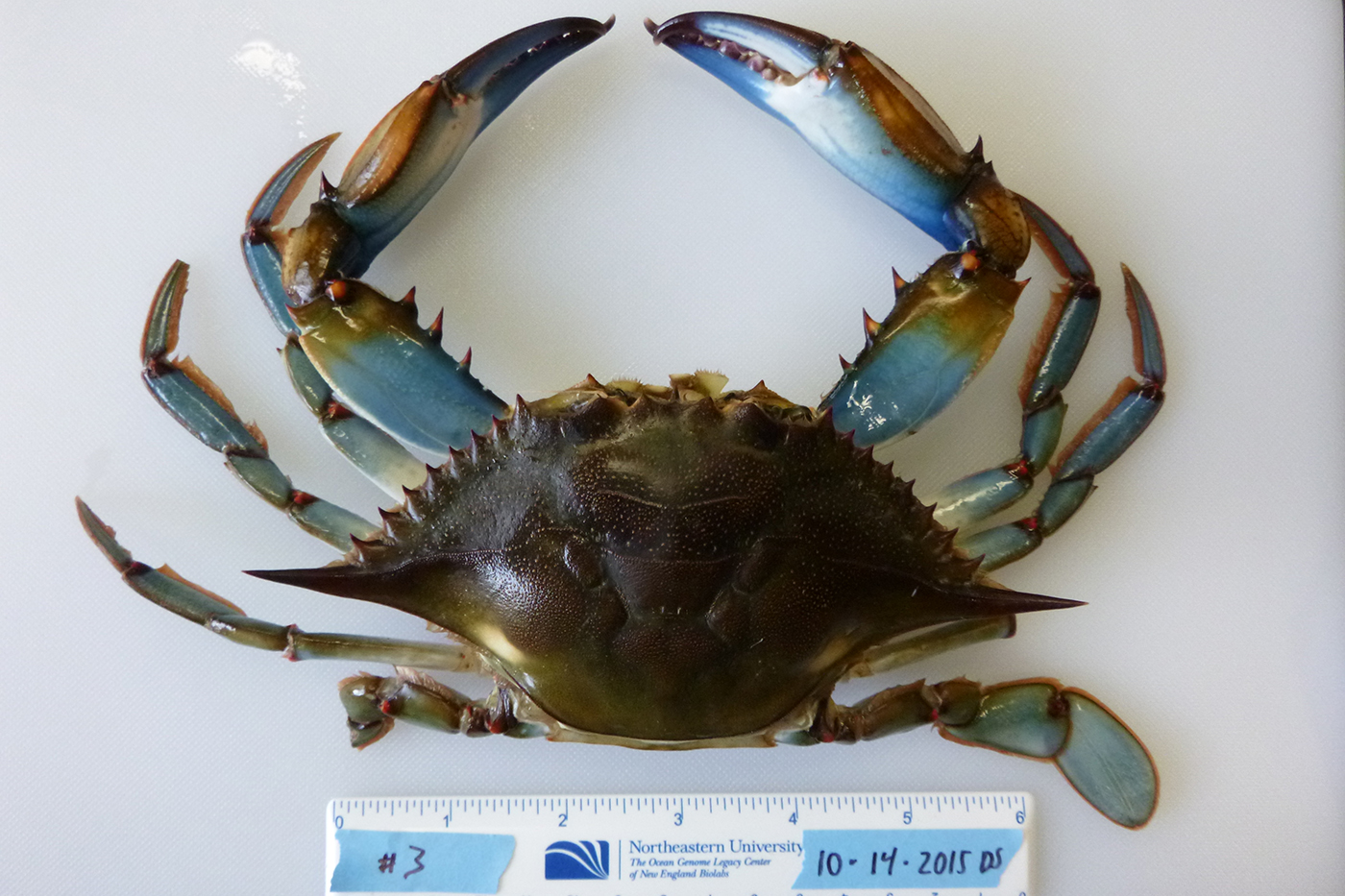
Range Expansion of the Blue Crab
What factors influence the distribution and abundance of marine organisms?
-
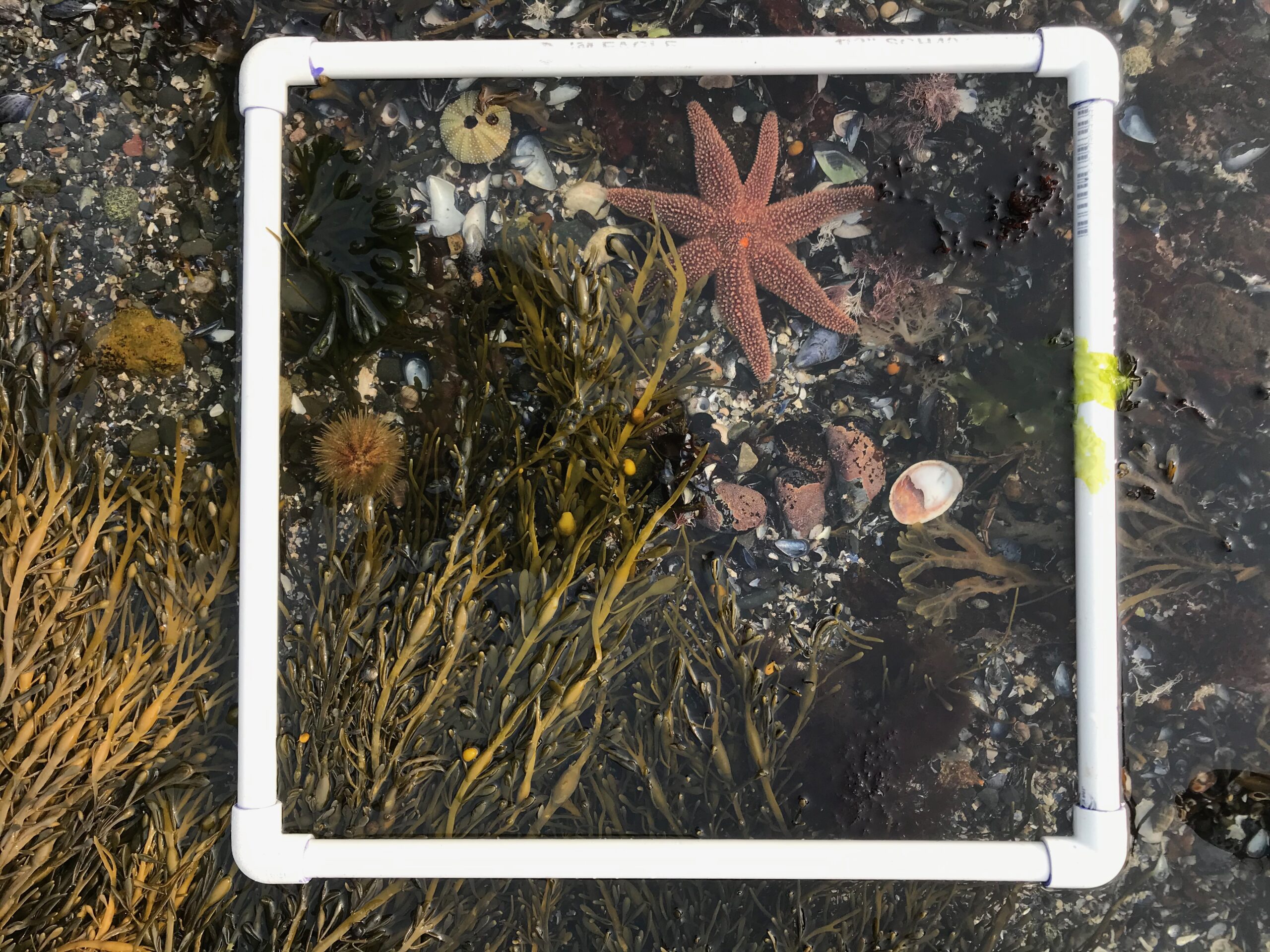
Practice Quadrat
How will the unique evolutionary traits of the icefish serve in a changing climate?
-

Article: Ocean Bacteria and Carbon
How do microscopic ocean critters impact the carbon cycle? Science Journal for Kids article and activities by MSC’s Aron Stubbins.
-

Seagrass Science
Learn why seagrass matters, why it’s at risk, and practice quadrat surveying like Northeastern’s restoration scientists!
-

Sea Star Wasting Disease
What is happening to sea stars in the New England intertidal habitat? Explore the work by the Ocean Genome Legacy Center to examine this phenomenon.
-
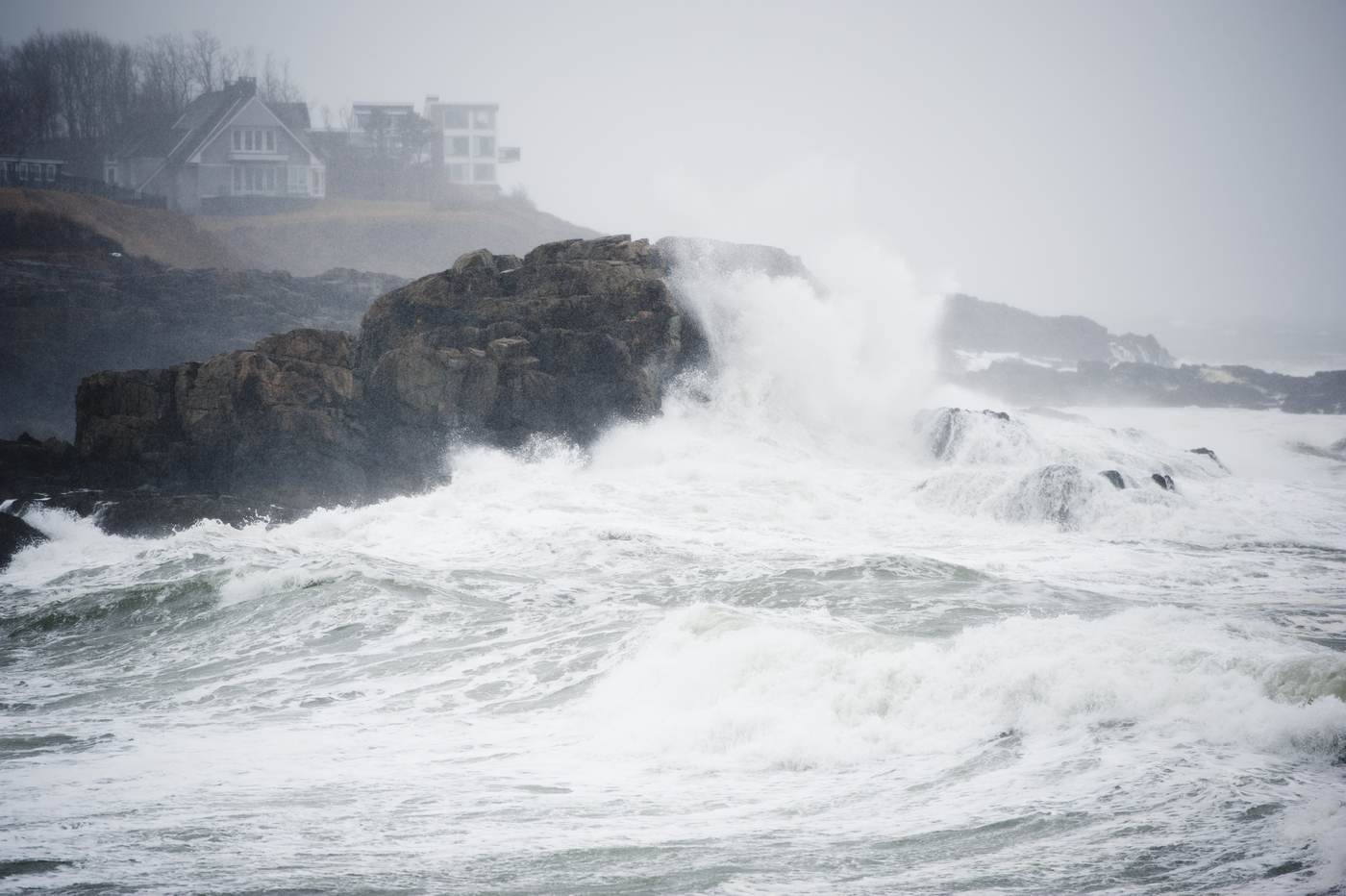
Case Study: Sea Level Rise
(under construction: new links coming soon) What are the vulnerabilities and solutions to sea level rise in the urban coastal city of Boston?
From the Research Teams
Explore the ongoing research at the Coastal Sustainability Institute and the Marine Science Center with these activities from the Ocean Genome Legacy Center and MSC’s research labs.
-
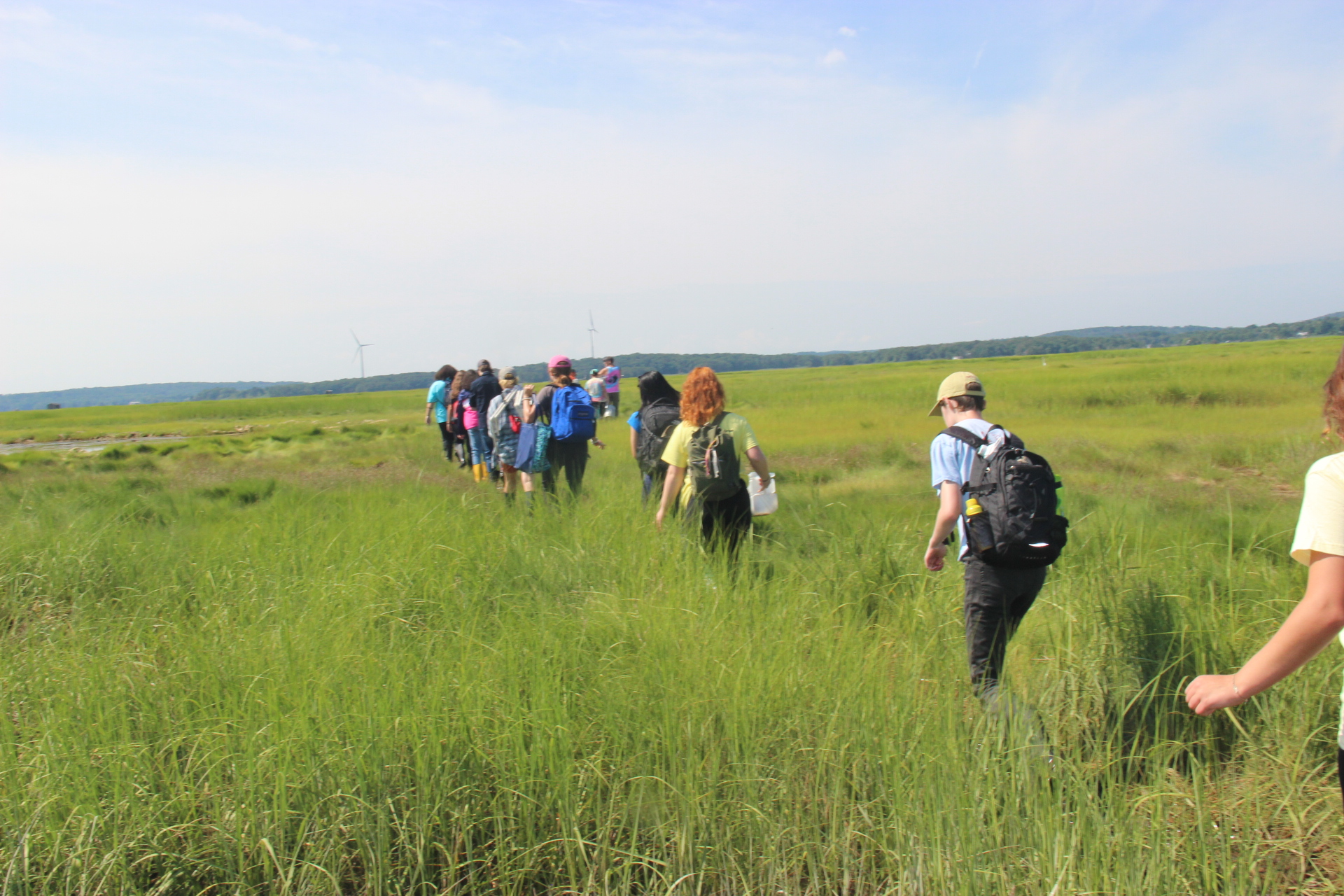
Data Nuggets are activities designed to bring real scientific data into the classroom. Explore the salt marsh restoration and salt marsh food webs through the Data Nuggets activities created by the MSC’s Bowen Lab and check out other Data Nuggets available on a variety of STEM topics!
-

Inspired by the Lotterlos Lab’s Evolution in Changing Seas Workshops, these downloadable teaching modules and resources guide biology classrooms though ocean acidification, seagrass wasting disease, trait inheritance in oysters, microbial diversity, and more.
-
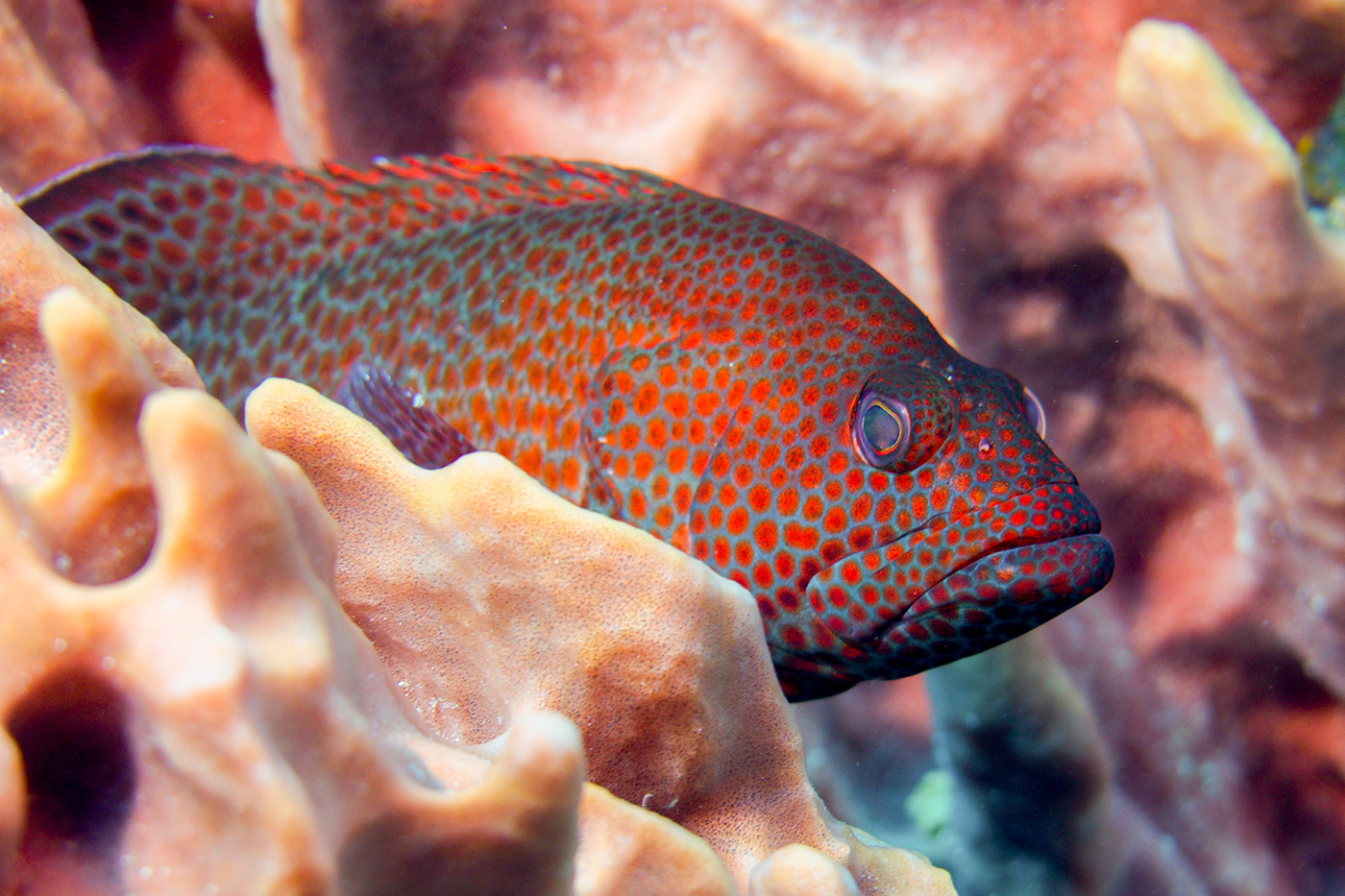
Northeastern’s Ocean Genome Legacy Center has developed several hands-on activities and lessons that can be used by teachers to explore DNA and genomics with students and learn more about current research.
We’d love your feedback.
Please contact our Outreach Program Coordinator Sierra Muñoz, to share how you used these resources or to let us know what other resources you would like to see.
